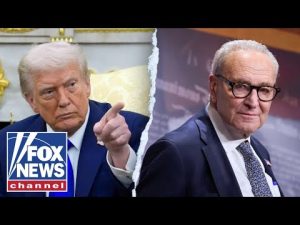The recent announcement that Bad Bunny will headline the Super Bowl halftime show has sparked an intense and divided debate across the nation. Many conservative voices are expressing disbelief and frustration regarding the NFL’s choice of performer, with some suggesting that Bad Bunny’s political views and cultural background conflict with American values. Critics argue that the NFL, often seen as a bastion of American culture, is straying from traditional roots by promoting an artist who has voiced opposition to certain U.S. government policies, especially regarding immigration.
Bad Bunny, a Puerto Rican musician, is celebrated by millions and has a huge following. However, critics raise concerns about his political stance, asserting that if he has negative sentiments toward the U.S., he should not participate in such a high-profile American event. It’s essential to remember that Puerto Rico is part of the United States, making Bad Bunny an American artist just as much as anyone from the mainland. Yet, misconceptions persist. Some commentators feel that ripping into Bad Bunny for his personal beliefs is justified, especially if he has denounced aspects of American life.
Many fans of American football tune in specifically for the game, not the halftime entertainment. This sentiment resonates with a significant portion of conservative fans who see the halftime show as an unnecessary distraction. The expectation is that the NFL should prioritize football rather than controversial performances that may sidetrack from the sport’s core values. Furthermore, it raises the question of whether the NFL is striving for political correctness, at the expense of the genuine enjoyment of football.
In addition to the backlash against Bad Bunny, there are deeper cultural concerns. Some fear that the NFL’s choice reflects broader trends of political statements overshadowing sports. As the NFL continues to evolve, it has become crucial for its leadership to recognize the voices of its traditional fan base. The focus should remain on the game itself rather than incorporating potentially divisive political stances into what is meant to be an apolitical space. The essence of American sports should be about unity, entertainment, and performance, not polarizing messages or politically charged spectacles. The real question to ponder is whether the NFL can find a way to appeal to all fans while staying true to what makes football America’s favorite pastime.







